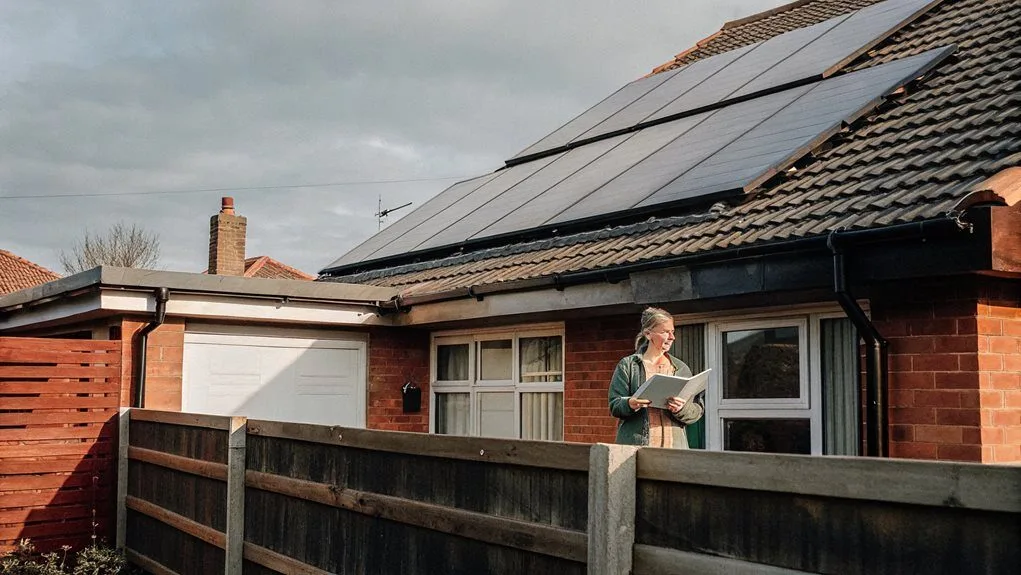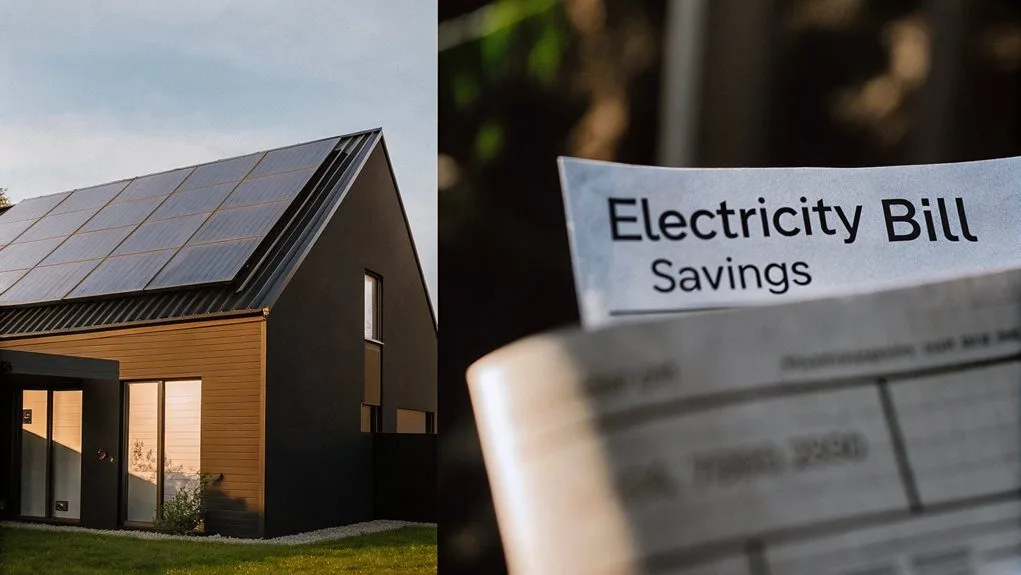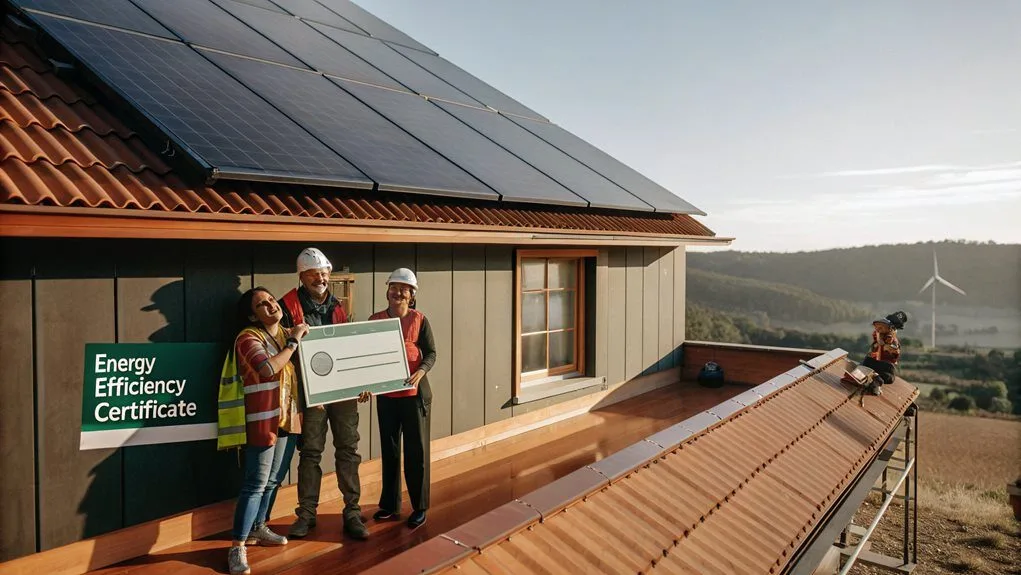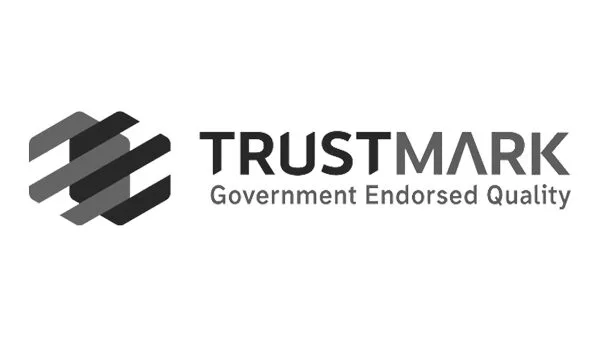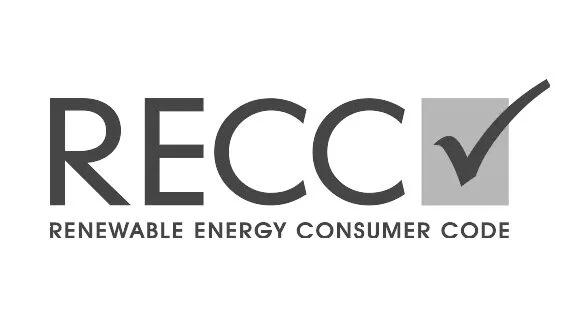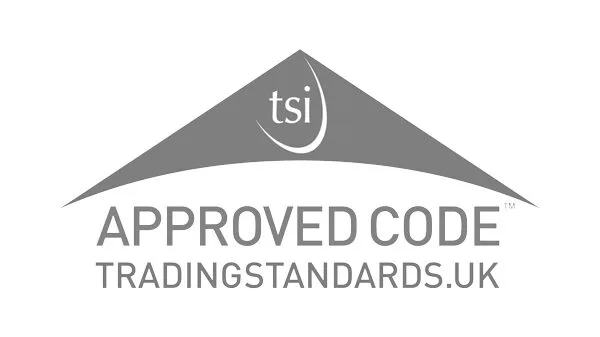Solar power offers substantial financial benefits for homeowners. UK residents save £90–£100 monthly on electricity bills, whilst UK installations typically pay for themselves within 6–9 years.
Net metering turns excess energy into utility credits, and government incentives like the ECO4 programme and 0% VAT reduce initial costs.
Properties with solar installations gain 4–5% in value. The combination of monthly savings, incentives, and property appreciation makes solar a sound long-term investment.
The Real Numbers: Average Monthly Savings With Solar Panels
Consistently, homeowners across the United Kingdom are revealing substantial financial benefits after installing solar panels on their properties.
Data shows these investments typically yield monthly savings between £90 and £100, translating to annual reductions of £1,080 to £1,200 on electricity expenses.
Over a 25-year period—the typical lifespan of quality solar systems—homeowners can accumulate up to £30,000 in savings, effectively offsetting initial solar costs.
The actual amount varies based on:
- Local electricity rates
- System size and type
- Energy consumption patterns
- Available net metering policies
- Regional incentives and rebates
While installation expenses range from £10,000 to £14,000 after incentives, these upfront costs are increasingly justified by the long-term financial returns and environmental benefits solar power provides. Homeowners with full solar coverage can eliminate nearly their entire electricity bill except for minimal utility service fees.
Understanding Payback Periods for UK Solar Installations
How quickly can UK homeowners recoup their investment in solar panel systems? The payback period varies considerably across regions, typically ranging from 6–9 years without battery storage.
Solar investments in the UK typically pay for themselves within 6–9 years, varying by region and installation specifics.
Several factors influence this timeframe:
- Initial system cost and installation fees
- Regional sunlight exposure levels
- Local electricity rates
- Available incentives and Smart Export Guarantee tariffs
- Roof orientation and available space
In southern regions like Cornwall and Surrey, homeowners typically see payback periods around 6 years, while Manchester averages 5.8 years. Glasgow residents may wait closer to 9 years to break even. Adding a battery system to your solar installation can actually reduce payback times by increasing the self-consumption share of the energy your panels produce.
The payback calculation becomes more favourable as utility prices rise. Financing options can make solar more accessible initially but may extend the payback period due to interest costs.
Group buying initiatives like Solar Together can reduce installation costs through collective purchasing power.
How Net Metering Turns Your Roof Into a Money-Making Asset
Turning a residential roof into a revenue-generating asset becomes possible through net metering, a billing mechanism that allows homeowners to earn credits for excess solar power fed back into the grid. This system converts ordinary homes into mini power plants with financial benefits.
Net Metering Basics
The operational mechanics rely on bi-directional metres that track both consumption and production.
When solar panels generate more electricity than needed, that surplus energy flows to the grid, earning significant credits.
Energy Credit System
These credits directly offset future utility bills, providing protection against rising energy costs.
The system requires minimal maintenance while providing immediate savings once operational.
Some UK energy suppliers offer Smart Export Guarantee (SEG) tariffs, paying for each kilowatt-hour sent to the grid, maximising financial return for homeowners.
Despite policy changes in some regions, net metering remains a cornerstone benefit for solar adopters, increasing property values while supporting environmental sustainability.
UK Government Incentives That Slash Your Initial Investment
While solar installation represents a significant upfront cost, the UK government offers multiple incentives designed to substantially reduce this initial investment. Understanding available incentive programmes can convert solar power from an aspirational purchase to a financially viable decision for many households.
Four key government initiatives to reduce installation costs include:
- Energy Company Obligation (ECO4) – Provides free or subsidised panels for low-income households
- Smart Export Guarantee (SEG) – Enables homeowners to sell excess energy back to the grid
- 0% VAT on Solar Installations – Offers significant cost savings on new systems until 2027
- Local Council Solar Grants – Provides regional funding opportunities
The application process typically involves online eligibility checks, home surveys to assess suitability, and verification of personal circumstances. Additionally, the Boiler Upgrade Scheme provides grants of up to £5,000 for renewable energy installations.
Most successful applicants receive reference numbers to track their progress through the system.
Property Value Boost: Solar’s Hidden Financial Benefit
Beyond generating clean energy and reducing electricity bills, solar installations offer a significant financial advantage through increased property value. Research shows solar homes command a premium of 4.1–5.4% over comparable non-solar properties, with some regions seeing up to £5,000 added value per kilowatt installed.
These property resale benefits vary by location, with markets showing stronger returns due to higher solar literacy among buyers. Local installation prices can significantly impact the perceived value and return on investment for potential homebuyers.
Current solar market trends indicate that:
- Newer systems typically attract higher premiums
- Each £1 saved annually on electricity can elevate home value by approximately £20
- Integration with battery storage further amplifies appeal
- Combined with other eco-friendly features, solar creates a thorough value package
The investment pays dividends through immediate energy savings and substantial property appreciation, making solar an economically sound decision for homeowners.
Energy Storage Solutions: Maximising Your Solar Savings
Every solar installation faces a fundamental challenge: the sun doesn’t shine 24 hours a day. Battery storage systems solve this problem by capturing excess energy for use when production drops, dramatically increasing system value and efficiency. Different battery technologies such as lithium-ion, lead-acid, and flow batteries offer unique characteristics suited to various residential and commercial applications.
Modern energy storage solutions offer numerous advantages:
- Enhanced battery efficiency reduces wasted power, supplying up to 85–95% of stored energy back to your home.
- Reduced utility bills through strategic power use during peak rate periods.
- Improved grid stability by decreasing demand during high-usage times.
- Energy independence during outages, providing critical backup power.

